Antique sewing machine museum attracts Expo attendees

Harry Berzack, president of The Fox Co., standing with his display of New England-type machines. The museum has probably the world’s best collection showing the variety of different versions of these machines. Photo courtesy of Heysemberg Uribe.
One of the special attractions being offered to attendees at this year’s IFAI Expo in Charlotte, as a fundraiser for the Industrial Fabrics Foundation (IFF), is an opportunity to see a unique private collection of antique sewing machines: almost 600 machines, originating from the early 1850s to the early 1940s, not only from the United States, but from Canada, England, France, Germany, Sweden and Denmark.
Harry Berzack, president of The Fox Company in Charlotte, N.C., has created a museum at his business to display his collection, and will be personally hosting tours for interested show participants.
“I look for rarity, condition, technical differences, and what would have been an innovation at the time,” Berzack said in a Collectors Weekly article. Born in South Africa, Berzack worked in his father’s sewing machine distribution company, becoming interested in sewing machines at a very early age. After coming to the United States, he hadn’t much time to pursue his collection for 20 years or more—but in the past 15 years his collection has become one of the largest and rarest in the country. For example, during WWII Singer came out with a surgical sewing machine used in the field to stitch wounds; a surviving mint condition machine, with instructions for use, is on display. Most of the collection, however, predates the year 1900, and chronicles the development of the sewing industry.
In the 1850s there were literally hundreds of companies around the world making sewing machines. Very few of them still exist, and the story of the sewing machine’s evolution—in America, in Europe, in households, in businesses—is a story of demand, supply, status, innovation, competition, consolidation, patent infringement, and in the case of the Singer Corporation (first established as I. M. Singer & Co. in 1851), a story of what Berzack calls “unbelievable marketers.”
The collection houses a number of machines that are the only known surviving examples of their type, says Berzack, as well as many machines of which fewer than 10 are known to exist. There are also examples of ‘Patent Models,’ which at one time were mandatory to be lodged when filing for a U.S. patent.
“I believe that anyone involved in sewing should be interested in seeing the evolution of the sewing machine, and the ingenuity of the early pioneers,” says Berzack. “I am a complete ‘antique sewing machine nut,’ and love to share my passion with everyone, and especially with those who are connected to sewing in any way.”
Tours of the Berzack Collection will be offered on Tuesday, Oct. 18, during IFAI Expo in Charlotte. Three tour times are available: 8:00 a.m., 10:30 a.m. and 1:30 p.m., with a 20-person capacity on each tour. The $50 charge to attend is part of this year’s fundraising efforts for the IFF, the nonprofit 501(c)(3) organization of the industrial fabrics industry, dedicated to education and research in specialty fabrics. The IFF awards several scholarships each year to students enrolled in accredited colleges, universities or technical schools; for information, visit www.indfabfnd.com.
Seats on the tours may be purchased online during show registration at www.ATAexpo.com.












